Sony Xperia XZ2: A phenomenal camera that's poorly implemented
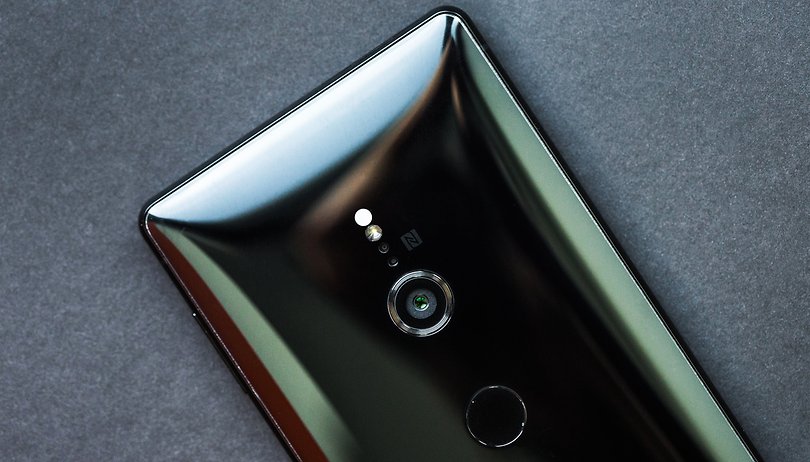

Sony is the world’s largest manufacturer of photo sensors for smartphones. The smartphone you have in your pocket probably even has a camera (or more than one) made by the Japanese manufacturer. As Sony has done in the past, it provides the latest hardware innovations for its top-range devices, but the software isn’t always up to par, which makes it difficult to compare it to the competition. Has this sad story finally come to an end with the Xperia XZ2?
A new ISP allows for new functions
Sony finally did an upgrade in the camera department in its new flagship. The Motion Eye camera (as the company calls it) has not changed its physical characteristics since the previous generation, and Sony is once again using the 19 megapixel IMX400 sensor and f/2.0 aperture lenses that we’ve already seen on the Xperia XZ1, XZ Premium and XZs.
The Sony Xperia XZ2 camera again has a buffer memory close to the sensor, allowing the device to boast exclusive features that aren’t yet available on competitive smartphones. Specifically, the photographic compartment of the new Sony integrates an Exmor RS sensor with a 1/2.3” stacked memory (positioned very close to the sensor) with 1.22μm pixels and a 25mm wide-angle G Lens.
The smartphone is able to capture photos with ISO up to 12800 due to the combined work of the sensor and the brand’s updated mobile BIONZ image processor. The maximum ISO is 4000 when shooting videos.
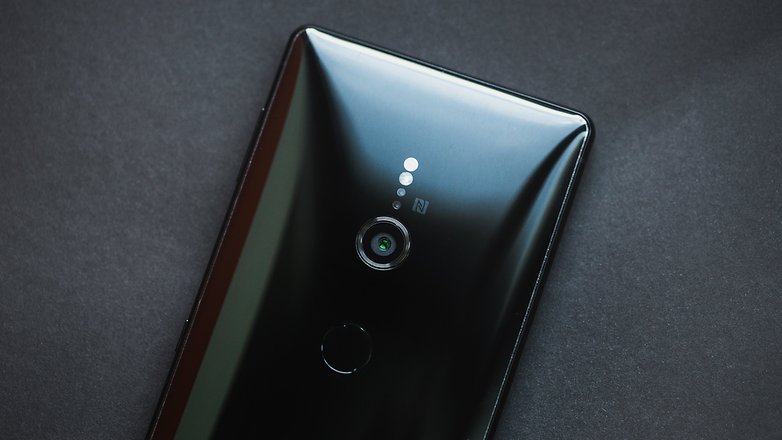
Thanks to this ISP, the smartphone is capable of some amazing tricks, including Predictive Capture. When motion is detected, this feature continuously captures what you’re framing and stores the photos of the fractions of time immediately before and after you press the dedicated button, and then lets you choose the best shot from the 4 that have been stored.
Another function that was already present on the Sony Xperia XZ1 is the Autofocus burst that allows you to keep the subject in focus during a series of exposures. This is possible thanks to the Predictive Hybrid Autofocus used by Sony in the Motion Eye camera.
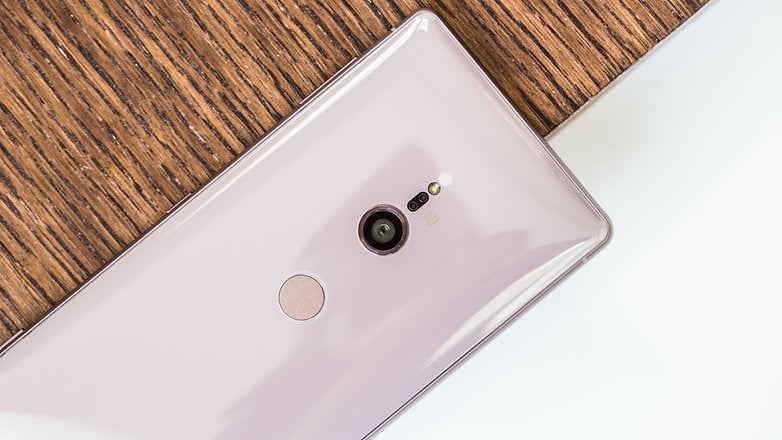
Obviously there’s a slow motion mode at 960 fps, as Sony was the first to use this mode for video recording. This feature has now progressed from 720p to 1080p, once again demonstrating Sony’s superiority once when it comes to photographic hardware in the smartphone industry. Sony Xperia XZ2 is also capable of recording 4K HDR 10bit video for video editing enthusiasts.
The front camera is disappointing and remains at just 5 megapixels at 1/5” size with 23mm lenses at a f/2.2 aperture with a maximum ISO of 1600 for photos and 1000 for videos. Both cameras support Sony’s 5-axis EIS SteadyShot electronic stabilization.
Ok, that’s great on paper, but what about in practice?
In practice, as always, Sony fails to surprise us. It’s incredible how the manufacturer of the sensors used by the best smartphone cameras in the world (including the Pixel 2 XL and Huawei P20 Pro, to name just two) isn’t able to achieve better results than the competition, even when they use exclusive hardware not yet sold to third parties (remember that most smartphones still use sensors from the IMX3xx series).
Yes, I was able to take some wonderful photos in very difficult and particular lighting conditions, but in most cases the results didn’t satisfy me at all. Many of the shots taken ‘on the fly’ inevitably ended up in the trash because they were completely unusable, and as someone accustomed to smartphones like the Pixel 2 XL, iPhone X and Galaxy S9+, I must admit that I was very disappointed.
Here’s a small example. This shot was taken while I was crossing the street, so in motion, on one of the streets in Berlin near where I live:
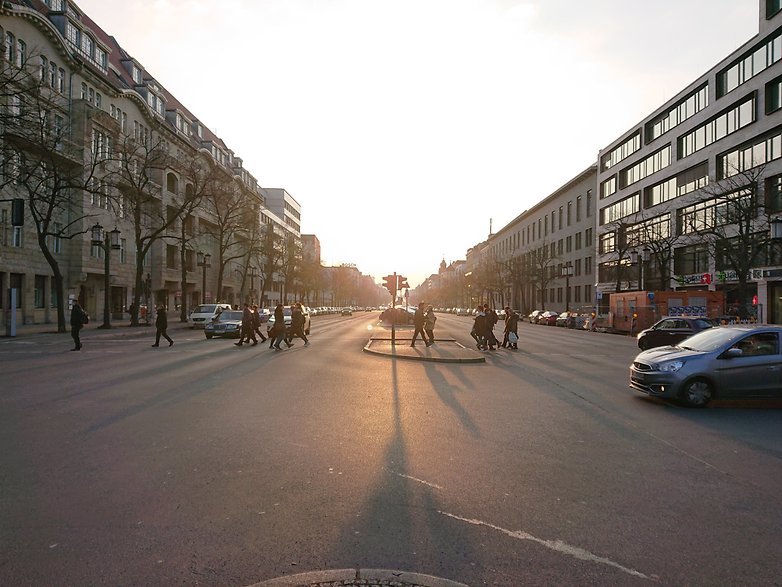
This shot, which to be honest I’m very proud of, is definitely good despite the difficult lighting conditions and the fact that I was walking and not keep my smartphone motionless certainly didn’t help. The Superior Auto mode (Sony’s automatic mode) worked well by keeping the details of the building and people crossing the street without processing the photo too much and blurring the details of well-lit objects.
If you zoom in on people, you’ll notice a bit of grain, but all in all it’s not bad. But then if you look at the next shot, taken at a pasta restaurant on a bright day with the smartphone in a stable position: it’s a complete disaster. The photo even seems out of focus since so little detail was captured by the Sony Xperia XZ2.

The same applies to videos that aren’t at the level of the competition, either in terms of color representation or stabilization. One example is this pair of videos taken at speed in Brussels (it was raining a lot, so I’m sorry for this barfy shot) that I recorded to compare a video in 4K@60fps on the iPhone X with a 4K@30fps HDR video from Sony.
Not only does the video recorded with the iPhone X look smoother with its 60 frames per second, it also seems to have a greater dynamic range than the Xperia XZ2 in HDR mode. Also note that the video recorded with the Xperia XZ2 has a frame rate that isn’t very constant and starts to look like different ‘shots’. The results in 1080p@30fps HDR are much more encouraging, as demonstrated by the video recorded by my colleague Eric with the XZ2 Compact, which uses the same camera and the same software.
The Super slow motion mode has significantly improved in comparison to the previous generation due to increased resolution, and is certainly much more effective than the 720p variants used by competitors. The problems remain the same, however, as it requires a large amount of light and superhuman hand-eye coordination to click the slow motion button at the right time. Recording at 960fps still has the usual limit of 0.182 seconds, which is slowed down to 6 seconds in playback.
- Gallery of photos taken with the Xperia XZ2
Sony’s biggest problem is (again) the software
Sony doesn’t have problems with being undersized or having poorly implemented photographic hardware. The photo processing hardware is fast enough and the sensor is sufficiently capable of good shots, but the software is clearly inferior to that of Sony’s competition. The improvement from the XZ1 are there and are obvious, but the overall result won’t justify purchasing this device over some other competitor.
Just consider panorama or bokeh shooting modes. Both are still treated as separate applications from the main app. The bokeh mode is a disaster and can’t correctly recognize the edges of a subject in the picture, resulting in pretty forgettable shots.
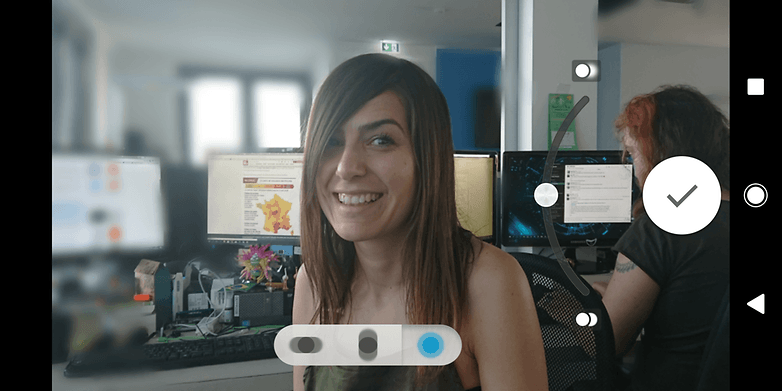
Even the manual mode doesn’t have the useful controls photography enthusiasts and experts have come to love. These functions offer only partial control over the results. To name one example, the maximum exposure time is only 1 second. So don’t expect to take pictures of a starry sky, like you can with a high-end Honor or Huawei device.
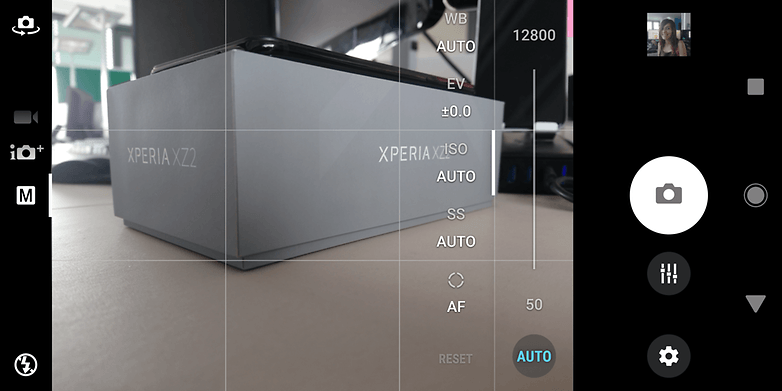
Conclusion
In the era of photography dominated by artificial intelligence and strong software components, you can’t be content with mediocre photo processing and some nice features like high-resolution Super Slow Motion.
The 3D Creator feature, which is now also available using the front camera, also shows how Sony can lead the photography industry with its smartphones. It’s also clear that the company uses its smartphones as technical demos of its new technologies that the company then sells to other manufacturers under license and that the company isn’t interested in dominating the market with its own smartphones.
Users have become increasingly demanding and ‘spoiled’ when it comes to smartphone photography. In my opinion they’re justified in demanding the best possible camera functions if they spend 700 dollars on a device.
Don’t get me wrong, there are many other reasons to purchase the Xperia XZ2, such as its excellent display, top performance and excellent battery life. But if you’re interested in buying a top-range smartphone mainly for photographic use, my advice would be to invest your money in something more reliable.






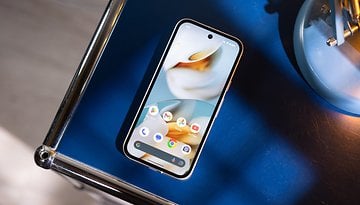
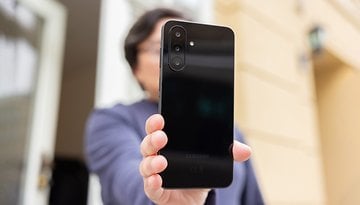
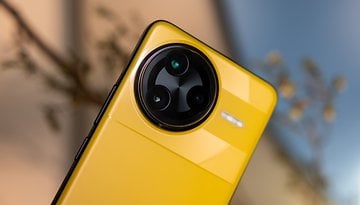








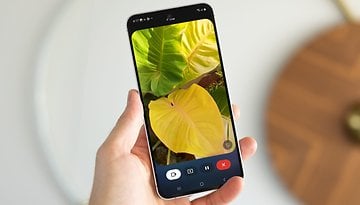


I dont know what are the reviewer talking about. The xz2 camera is so darn good. My friends have s9 and iPhoneX and my xz2 is so much better. I'm really confuse ?
But the XZ2 actually do have a slippery glass back, just like the fragile S8, and its thicker.
The camera isn't as bad as this website make its i have the xz and premium the pictures i have taken over last year and half from both have been excellent, about 64gb of pictures 96 percent perfect, and lot more natural and sharper then my cousins s8. Most reviews seem to praise the camera performance, and I've noticed lot of USA tech sites always hate Sony anyway, android pit has always been bias towards Sony phones anyway
This could have been an interesting restart for Sony and my next smartphone upgrade but...
How hard can it be to just get the basics right? Still no OIS, and why remove the headphone jack? Why? How could lack of a headphone jack be a selling point? Just keep it in there until something better comes along. Only Apple can get away with removing things and not loose customers. And what is hidden inside this phone to make it so heavy and thick? Anyones guess? Sorry Sony but I'll pass on this one for my next upgrade.
The phone thickness is a positive, it means it will be more durable and not like fragile glass like s8, the thickness allows better tolerances for component placement and allows for a bigger heat sink to disapate heat from cpu. Xperias are built to last, you can still see people using z1s how many s4 or s5 still working.
i am still mad at sony for their camera crap. i bought XZ Premium and XZ1 compact. the cameras weren't just bad, they were awful. i really wanted to keep them both because i rarely use the camera, but they were so bad that i couldn't risk missing a moment. 1 out of every 5 pics is usable. it's laughable that they think the new line will rock it in low light. they are gonna need to get daylight pics right first. THAT MIGHT REQUIRE OIS, SONY. DUMDUMs.
I've had the xzpremium since last june and the camera is good and takes as good a photo as the S8 which reviews on this site seem to say the camera is far superior to Sony's which it definitely isn't.